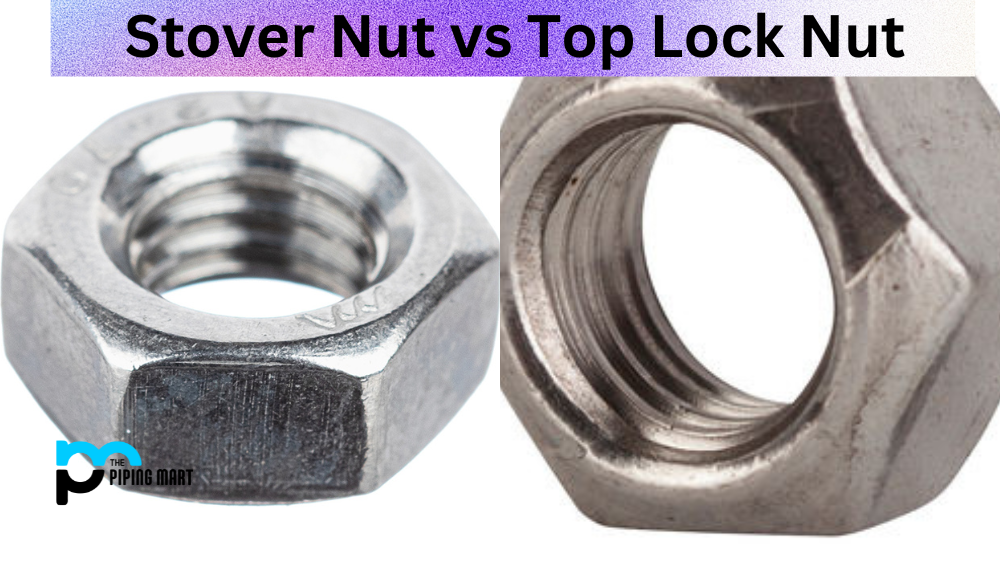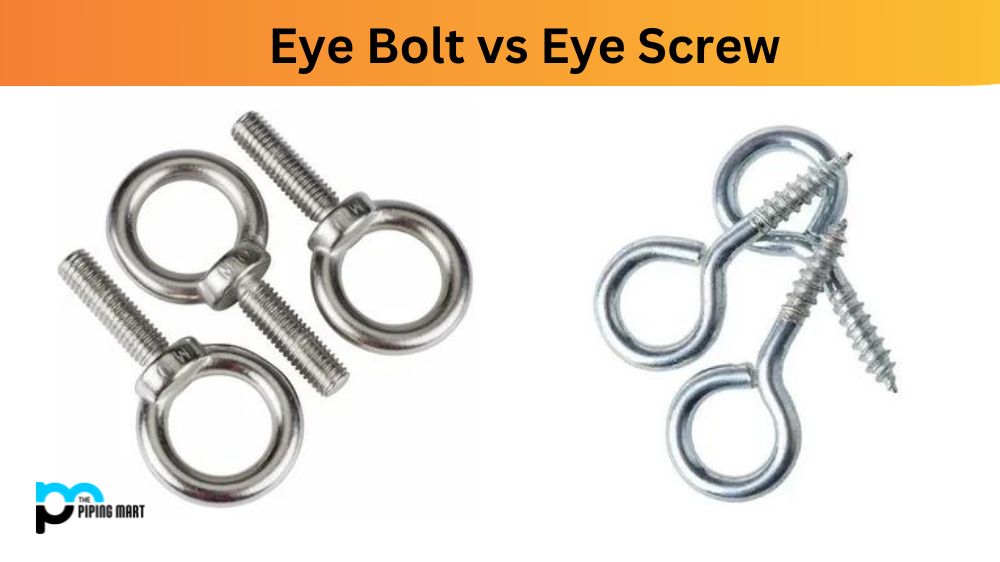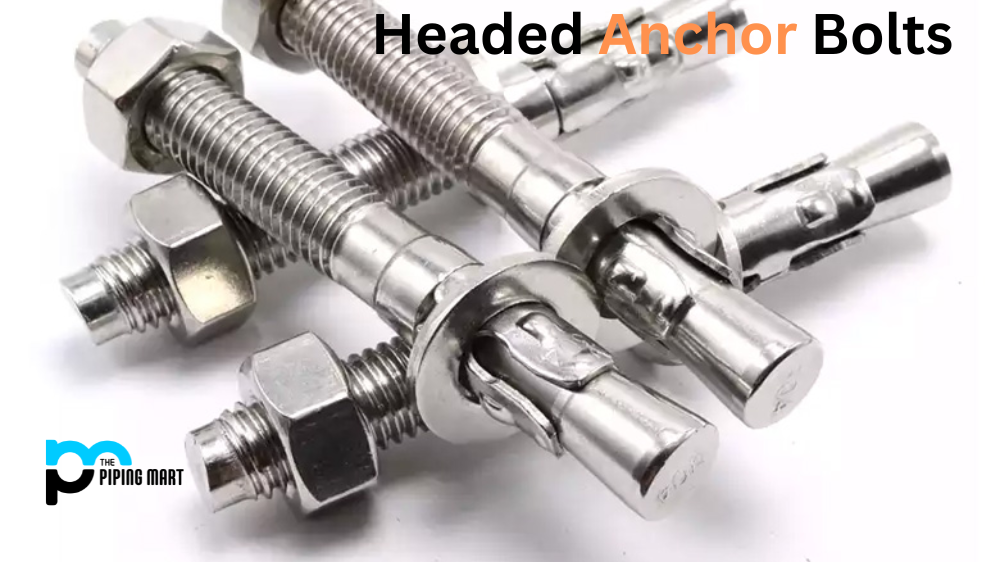Choosing the right nuts and bolts for your project can ensure its durability and safety. The stover and top lock nuts are commonly used nuts for securing bolts. While both provide excellent locking capabilities, they have some differences that you need to consider before making a decision. In this blog post, we’ll take a closer look at the stover nut and top lock nut to help you make an informed choice for your project.
What is Stover Nut?
The stover nut, or the elastic stop nut, is designed to resist loosening due to vibration and shock. It has a unique design with a nylon ring insert that creates an interference fit between the nut and the bolt. The nylon ring deforms during tightening, creating a spring-like force that maintains the tension on the bolt, even when subjected to vibration and shock.
Stover nuts are easy to install, and their locking capability does not depend on the prevailing torque of the bolt, which means you can get consistent locking even if the tightening torque varies. Stover nuts are commonly used in automotive and aerospace applications, as well as in machinery and equipment subject to vibration.
What is Top Lock Nut?
The top lock nut, or the prevailing torque nut, is designed to resist loosening due to vibration and torque. Its special thread design creates friction between the nut and the bolt, providing locking capability.
Top lock nuts are easy to install and provide consistent locking even if the tightening torque varies. They are commonly used in automotive, construction, industrial applications, and electrical equipment.
Difference Between Stover Nut and Top Lock Nut
When it comes to choosing between stover and top lock nuts, there are some factors you need to consider.
While both nuts provide the excellent locking capability, stover nuts are better suited for applications subject to vibration and shock. In contrast, top lock nuts are better suited for applications subject to torque and vibration.
Another factor to consider is the cost. Stover nuts are generally more expensive than top lock nuts, but they provide better locking capability, which could save you money in the long run.
Other Considerations
Apart from vibration and torque, other factors that could influence your choice of nuts include the bolt size, the materials used, and the environment where the nuts will be used. For example, using a large bolt may need a larger nut with better-locking capability. Likewise, if you work in a corrosive environment, you may need nuts resistant to corrosion.
Conclusion
Choosing between stover nuts and top lock nuts depends on your specific application and requirements. While both nuts provide excellent locking capability, stover nuts are better suited for applications subject to vibration and shock. In contrast, top lock nuts are better suited for applications subject to torque and vibration. Consider factors such as cost, size of the bolt, materials used, and environment before making your decision. With the right nuts and bolts, you can ensure the durability and safety of your project.

Meet Bhavesh, a seasoned blogger with a wealth of knowledge and experience. From metal products manufacturing to retail, Bhavesh has a diverse background in various industries and is dedicated to sharing his insights and expertise with readers.




